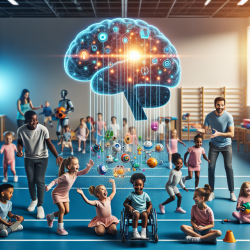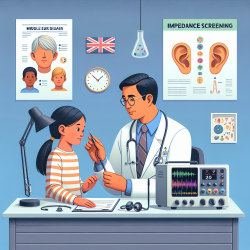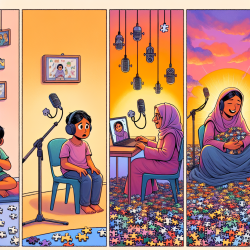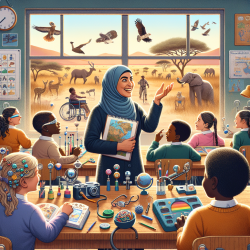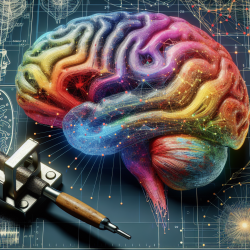Introduction
In the rapidly evolving field of pediatric rehabilitation, integrating cutting-edge technology such as Artificial Intelligence (AI) offers a promising avenue for enhancing therapeutic outcomes. The research paper titled Capturing and Operationalizing Participation in Pediatric Re/Habilitation Research Using Artificial Intelligence: A Scoping Review sheds light on how AI can be harnessed to assess and improve participation in children with disabilities.
The Role of AI in Pediatric Rehabilitation
The scoping review highlights the potential of AI to streamline participation-focused assessments, which are crucial for tailoring interventions to individual needs. By employing AI techniques such as machine learning and computer vision, practitioners can more efficiently capture data on children's participation, thus reducing provider burden and enhancing the customization of therapeutic processes.
Key Findings from the Scoping Review
- Current Assessment Approaches: The review found that most AI-based assessments capture participation through annotated observations and apply machine learning and computer vision techniques. However, these approaches often lack integration of the child or youth perspective.
- Gaps in Current Research: The study identifies significant gaps, including a lack of demographic diversity in research samples, limited remote administration of assessments, and a need for approaches that fully align with contemporary definitions of participation.
- Opportunities for Improvement: The research suggests incorporating subjective data, such as self-reported participation, to complement objective measures. This could lead to a more holistic understanding of a child's involvement in activities.
Implications for Practitioners
For practitioners in the field of pediatric rehabilitation, these findings underscore the importance of adopting AI-driven assessments that are both comprehensive and inclusive. By addressing the identified gaps, practitioners can enhance the quality of care and ensure that interventions are truly child-centered.
Encouragement for Further Research
While the current landscape of AI in pediatric rehabilitation is promising, there is a clear need for further research to develop assessments that integrate diverse perspectives and are applicable in natural environments. Practitioners are encouraged to contribute to this growing body of knowledge by exploring innovative AI applications that can transform therapeutic practices.
To read the original research paper, please follow this link: Capturing and Operationalizing Participation in Pediatric Re/Habilitation Research Using Artificial Intelligence: A Scoping Review.
